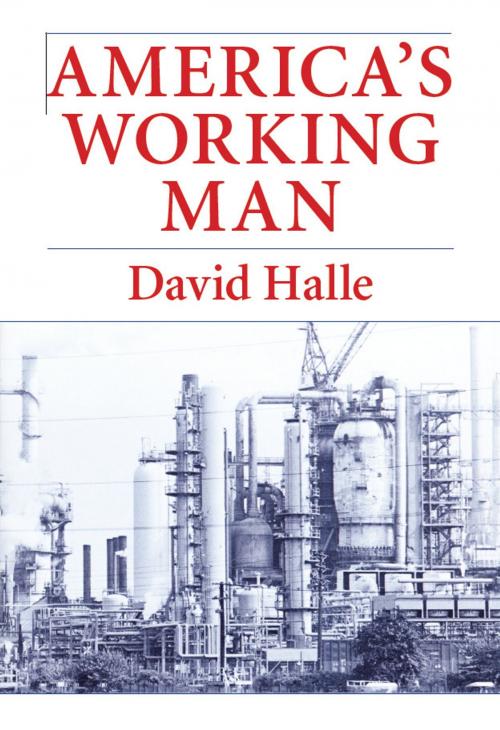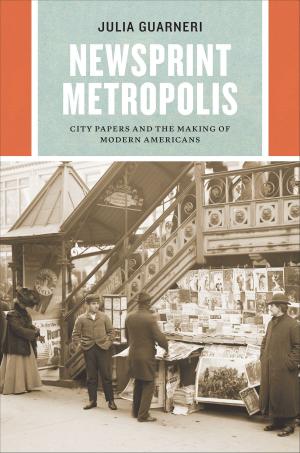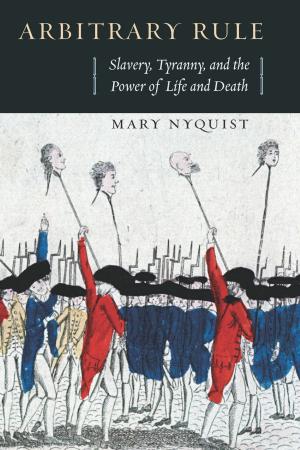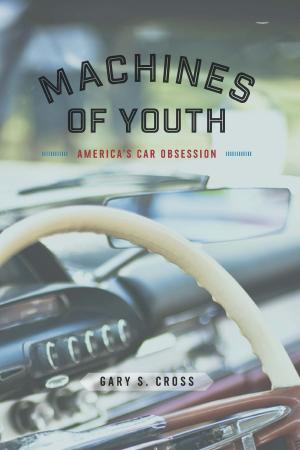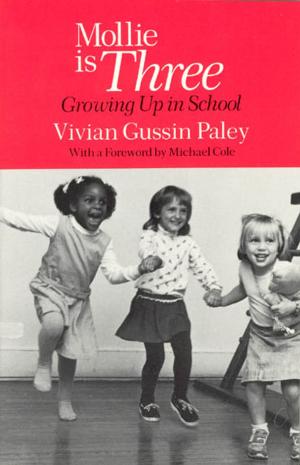America's Working Man
Work, Home, and Politics Among Blue Collar Property Owners
Nonfiction, Social & Cultural Studies, Social Science, Cultural Studies, Minority Studies| Author: | David Halle | ISBN: | 9780226229362 |
| Publisher: | University of Chicago Press | Publication: | December 10, 2014 |
| Imprint: | University of Chicago Press | Language: | English |
| Author: | David Halle |
| ISBN: | 9780226229362 |
| Publisher: | University of Chicago Press |
| Publication: | December 10, 2014 |
| Imprint: | University of Chicago Press |
| Language: | English |
Over a period of six years, at factory and warehouse, at the tavern across the road, in their homes and union meetings, on fishing trips and social outings, David Halle talked and listened to workers of an automated chemical plant in New Jersey's industrial heartland. He has emerged with an unusually comprehensive and convincingly realistic picture of blue-collar life in America. Throughout the book, Halle illustrates his analysis with excerpts of workers' views on everything from strikes, class consciousness, politics, job security, and toxic chemicals to marriage, betting on horses, God, home-ownership, drinking, adultery, the Super Bowl, and life after death. Halle challenges the stereotypes of the blue-collar mentality and argues that to understand American class consciousness we must shift our focus from the "working class" to be the "working man."
Over a period of six years, at factory and warehouse, at the tavern across the road, in their homes and union meetings, on fishing trips and social outings, David Halle talked and listened to workers of an automated chemical plant in New Jersey's industrial heartland. He has emerged with an unusually comprehensive and convincingly realistic picture of blue-collar life in America. Throughout the book, Halle illustrates his analysis with excerpts of workers' views on everything from strikes, class consciousness, politics, job security, and toxic chemicals to marriage, betting on horses, God, home-ownership, drinking, adultery, the Super Bowl, and life after death. Halle challenges the stereotypes of the blue-collar mentality and argues that to understand American class consciousness we must shift our focus from the "working class" to be the "working man."
